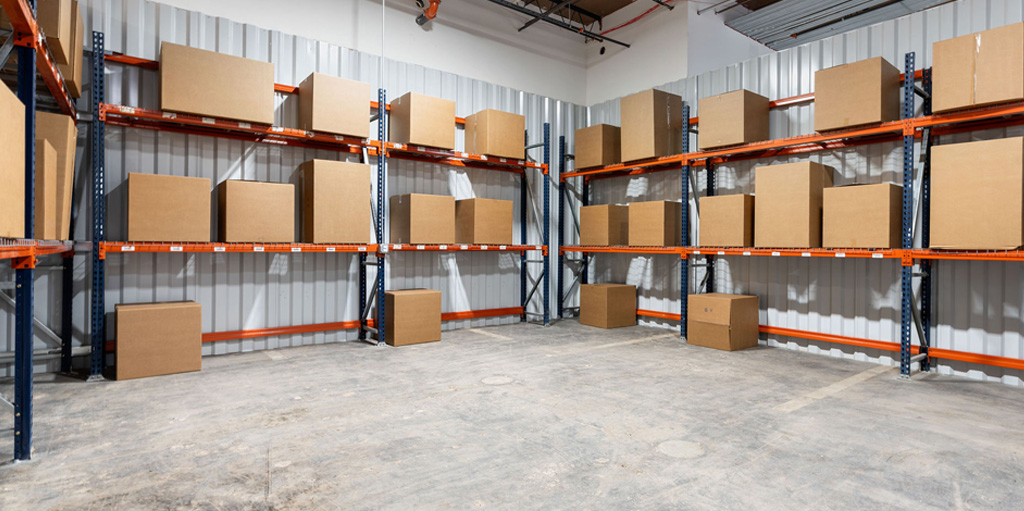
In an era marked by urbanization and an ever-increasing demand for space, mini warehousing has emerged as a practical solution for both individuals and businesses. Compact haven facilities offer a unique blend of convenience, accessibility, and security, catering to a variety of storage needs. Whether you're a city dweller looking to declutter your living space or a small business in need of extra storage, mini warehousing presents an appealing option that’s gaining popularity across metropolitan areas.
What is Mini Warehousing?
Mini warehousing refers to smaller, self-storage units that provide secure and flexible storage options for personal and commercial use. These facilities typically range from a few square feet to several hundred square feet, accommodating everything from seasonal decorations and furniture to inventory for small businesses. The rise of mini warehousing has been fueled by changing consumer habits, particularly the need for space in densely populated urban environments.
The Appeal of Mini Warehousing
1. Space Optimization
In cities where square footage comes at a premium, mini warehousing allows individuals and businesses to optimize their space. Residents can store items that are not frequently used, such as holiday decorations, sporting equipment, or even furniture that doesn’t fit in their current living situation. For businesses, it means having a dedicated area to keep excess inventory, equipment, or archives, freeing up valuable office space for operations.
2. Security and Accessibility
Modern mini warehousing facilities prioritize security with features like surveillance cameras, gated access, and individual unit alarms. This peace of mind is invaluable for both personal and business storage. Additionally, many facilities offer 24/7 access, allowing users to retrieve or store items at their convenience. This flexibility is especially beneficial for small business owners who may need to access inventory outside regular business hours.
3. Cost-Effectiveness
Renting a mini warehouse is often more cost-effective than moving to a larger home or office space. For individuals, it provides a budget-friendly solution to clutter without the need for expensive renovations. For small businesses, mini warehousing can help manage operational costs by reducing the need for larger, more expensive commercial leases.
4. Diverse Use Cases
The versatility of mini warehousing is one of its greatest strengths. It can serve various purposes, from housing seasonal inventory for e-commerce businesses to providing a safe space for storing tools and materials for contractors. Artists and hobbyists can utilize mini Minilager Oslo s to keep their supplies organized, while college students might use them during summer breaks to store furniture and belongings.
5. Environmental Benefits
Utilizing mini warehousing can also have environmental advantages. By reducing the need for larger living spaces and decreasing the frequency of moving, mini warehousing supports more sustainable urban living practices. It promotes a culture of mindful consumption, encouraging individuals and businesses to evaluate what they truly need to keep on hand.
Conclusion
As cities continue to grow and living spaces shrink, the charm of mini warehousing becomes increasingly apparent. Offering security, accessibility, and affordability, these compact havens are transforming how we think about storage. Whether you’re seeking to declutter your home or streamline your business operations, mini warehousing could be the ideal solution. In a world that often feels overcrowded, finding a compact haven might just be the key to reclaiming your space—and peace of mind.
